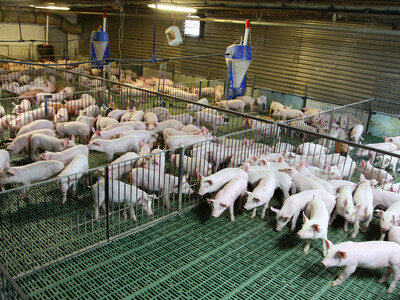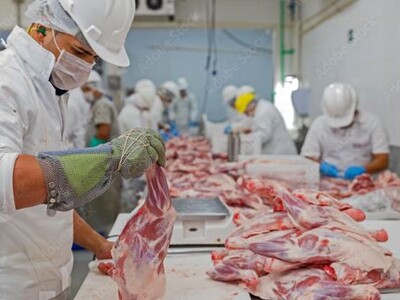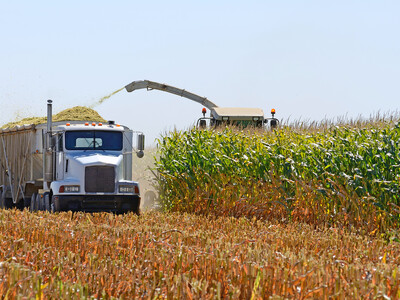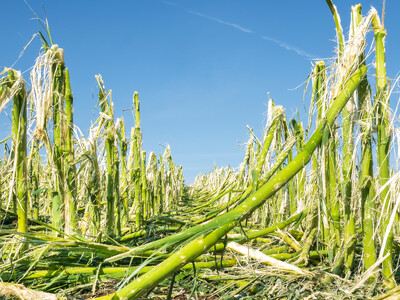2009 In Review Part 2
2009 In Review Part 2. I’m Greg Martin with today’s Line On Agriculture.
As we continue our look back at the ag year in review you cannot miss the big one, climate change. Big meetings and small ones have all discussed what needs to be done and finally a pair of politicians created the Waxman-Markey bill better known as cap & trade. The debate began in earnest beginning with the President.
OBAMA: Thanks to broad coalitions ranging from business to labor; investors to entrepreneurs; Democrats and Republicans from coal states and coastal states; and all who are willing to take on this challenge -- we've come together to achieve more in the past few months to create a new, clean energy economy than we have in decades.
The debate continued as some see this as a way to help revitalize rural
STALLMAN: We believe the focus of this legislation is to restrict the use of coal and oil in our energy supply. Now we should work toward more renewable fuels, but the reality is we can’t replace coal and oil as rapidly as the projections indicate and the restrictions that are in the bill are mandatory, whereas the proposed benefits and the proposed expansion of renewable fuels is just speculative and that’s the problem we have with the bill.
Another big debate that hit the entire
WOLFF: Rural
In 2009 the new administration set out to bring rural
MERRIGAN: I think there is great value in knowing your farmer. I think that it’s important for people to understand where their food comes from and how much of all the discussions we have these days are tied to food.
We’ll wrap it up tomorrow.
That’s today’s Line On Agriculture. I’m Greg Martin on the Northwest Ag Information Network.

















